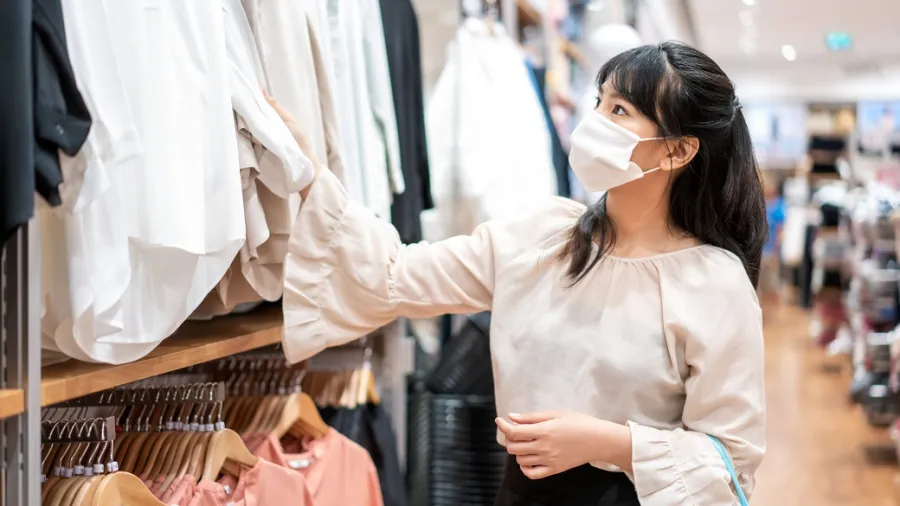
3 in 5 Singaporeans believe in-store shopping remains in style
Furthermore, 30% of consumers miss shopping in stores.
In-store shopping remains irreplaceable for 59% of Singapore consumers despite the rise of pandemic-driven online shopping in recent months, according to a study by Sensormatic Solutions, the global retail solutions portfolio of Johnson Controls.
Additionally, 30% of consumers miss shopping in-stores. Compared to pre-pandemic days when two out of three consumers shop in stores at least once a week, only half of the consumers do so currently.
Overall, the top three reasons consumers prefer shopping in-store are to touch and feel the product before purchase (73%), to assess the sizing fit (70%), and to ensure the quality of the product (64%). Other reasons included the immediate need for the product (51%), the unwillingness to pay delivery fees (46%), and the presence of in-store staff support (37%).
Additionally, 54% of Singapore consumers expect the post-pandemic shopping experience to be vastly different. About 55% of the respondents believe retailers can leverage technology for a better in-store shopping experience. Health and safety concerns continue to be a top priority for Singapore shoppers, with 41% believing that efficient management of in-store traffic to prevent overcrowding will contribute to a better shopping experience.
The top three deterrents for online shopping amongst Singapore consumers include high shipping fees (51%), suspicious online circumstances such as dubious product reviews (41%), and poor online service experiences (29%).
"Consumer behaviour has changed drastically over the past two years. Despite that, in-store shopping continues to hold allure for Singapore consumers," said Sensormatic Solutions Asia Pacific general manager Daren Ng. "The differentiating factor in the new normal will be leveraging technology for an elevated in-store customer experience. Sensormatic's solutions can provide real-time data and insights for major factors such as occupancy visibility, shopper density and stock management, which will be key to creating a frictionless customer journey."
All figures, unless otherwise stated, are from YouGov Singapore. The total sample size was 1,047 adults, with data collected from 30 September to 1 October.

















 Advertise
Advertise






